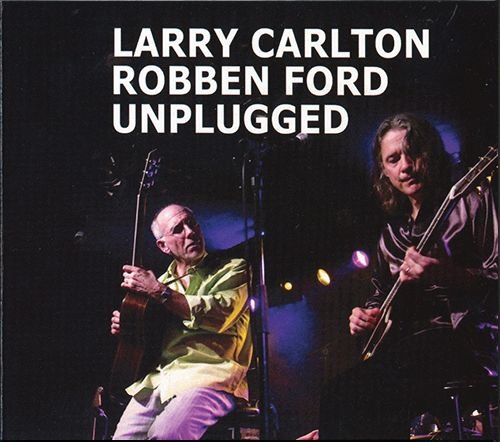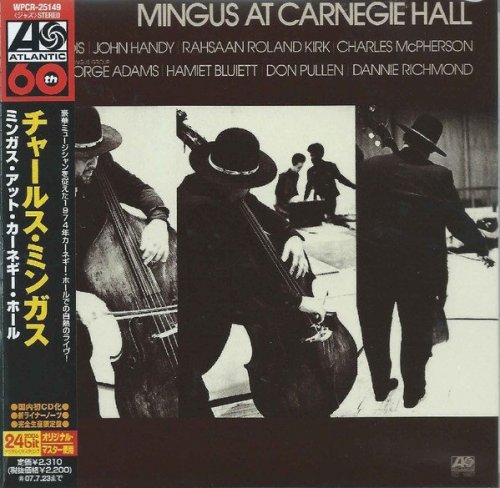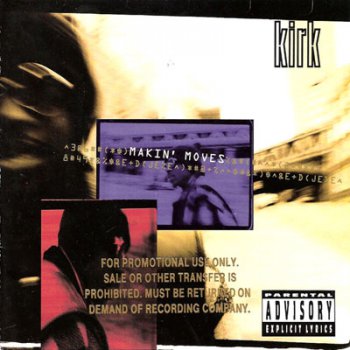David Bowie - I Can't Give Everything Away (2002 - 2016) 2025
Исполнитель: David Bowie Альбом: I Can't Give Everything Away (2002 - 2016) Жанр: Rock, Pop Rock, Art Rock, Glam Rock Год: 2025 Страна: UK (London) Лейбл: Rhino Формат: FLAC (tracks) Official DR value: DR7 Разрядность: 24bit / 96kHz Stereo Размер: 15,2 GB Инфо: wiki Залито на: XFile (3% восстановление) «Exclusive for Lossless-Galaxy» Please note: Tracks 17, 18, 19, and 36 from disc 9 are only available in CD quality (16-Bit / 44.1 kHz). They are therefore not provided in Hi-Res 24-Bit like the
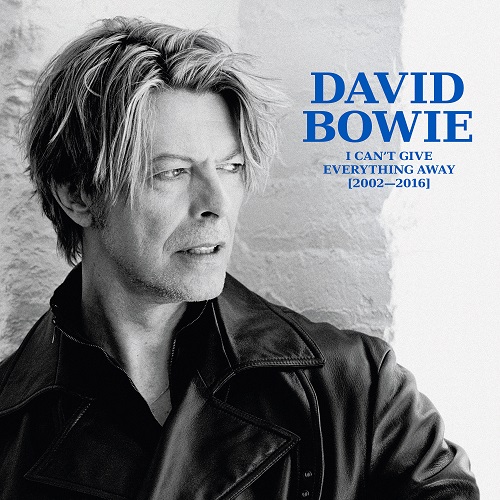
David Bowie - I Can't Give Everything Away (2002 - 2016) 2025
Исполнитель: David Bowie Альбом: I Can't Give Everything Away (2002 - 2016) Жанр: Rock, Pop Rock, Art Rock, Glam Rock Год: 2025 Страна: UK (London) Лейбл: Rhino Формат: FLAC (tracks) Official DR value: DR7 Разрядность: 24bit / 96kHz Stereo Размер: 15,2 GB Инфо: wiki Залито на: XFile (3% восстановление) «Exclusive for Lossless-Galaxy» Please note: Tracks 17, 18, 19, and 36 from disc 9 are only available in CD quality (16-Bit / 44.1 kHz). They are therefore not provided in Hi-Res 24-Bit like the
12 09, 2025
Phil Collins - No Jacket Required (2025 Mix) 1985
Исполнитель: Phil Collins Альбом: No Jacket Required (2025 Mix) Жанр: Rock, Dance-Pop Год: (2025) 1985 Страна: UK (London) Лейбл: Rhino Atlantic Формат: FLAC (tracks) Official DR value: DR12 Разрядность: 24bit / 48kHz Stereo Размер: 561 MB Инфо: wiki Залито на: XFile (3% восстановление) «Exclusive for Lossless-Galaxy» For folks younger than, say, the average member of Gen X, the dismissive hostility that their elders have displayed over the years toward Phil Collins must be somewhat confusing.
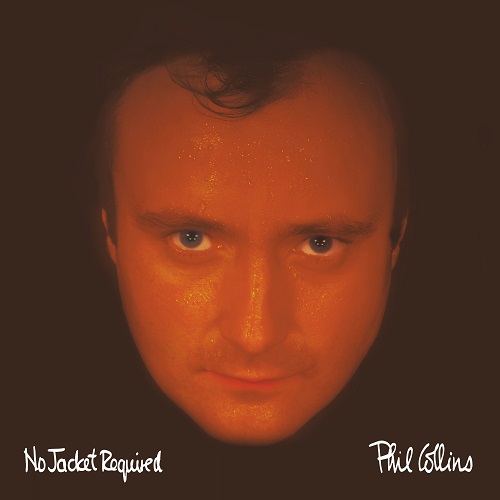
Phil Collins - No Jacket Required (2025 Mix) 1985
Исполнитель: Phil Collins Альбом: No Jacket Required (2025 Mix) Жанр: Rock, Dance-Pop Год: (2025) 1985 Страна: UK (London) Лейбл: Rhino Atlantic Формат: FLAC (tracks) Official DR value: DR12 Разрядность: 24bit / 48kHz Stereo Размер: 561 MB Инфо: wiki Залито на: XFile (3% восстановление) «Exclusive for Lossless-Galaxy» For folks younger than, say, the average member of Gen X, the dismissive hostility that their elders have displayed over the years toward Phil Collins must be somewhat confusing.
12 09, 2025
Arjen Anthony Lucassen - Songs No One Will Hear (No Narration) 2025
Исполнитель: Arjen Anthony Lucassen Альбом: Songs No One Will Hear (No Narration) Жанр: Progressive Rock Год: 2025 Страна: Netherlands (Hilversum, North Holland) Лейбл: InsideOutMusic Формат: FLAC (tracks) Official DR value: DR8 Разрядность: 24bit / 48kHz Stereo Размер: 570 MB Инфо: progarchives Залито на: XFile (3% восстановление) «Exclusive for Lossless-Galaxy»
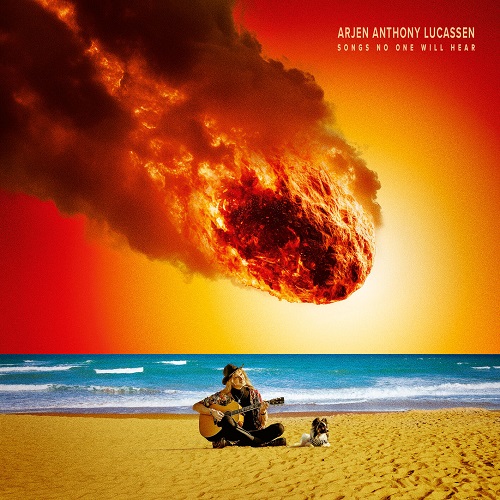
Arjen Anthony Lucassen - Songs No One Will Hear (No Narration) 2025
Исполнитель: Arjen Anthony Lucassen Альбом: Songs No One Will Hear (No Narration) Жанр: Progressive Rock Год: 2025 Страна: Netherlands (Hilversum, North Holland) Лейбл: InsideOutMusic Формат: FLAC (tracks) Official DR value: DR8 Разрядность: 24bit / 48kHz Stereo Размер: 570 MB Инфо: progarchives Залито на: XFile (3% восстановление) «Exclusive for Lossless-Galaxy»
12 09, 2025
Жанры
Lossless Galaxy Release
Русская музыка
--Поп
--Рок
--Панк
--Альтернатива
--Металл
--Рэп, Хип-Хоп, R'n'B
--Джаз и Блюз
--Фолк
--Шансон, Авторская песня
--СССР
Зарубежная музыка
--Pop
--Rock
--Hard Rock
--Progressive & Art-Rock
--Pop-Rock & Soft Rock
--Instrumental Rock
--Heavy, Traditional, Industrial Metal
--Power, Gothic, Sympho Metal
--Thrash, Speed, Groove, Modern Metal
--Death, Melodic Death, Doom, Dark Metal
--Black, Pagan, Folk, Viking Metal
--Alternative
--Punk
--Disco, Eurodance
--Rap, Hip Hop, R'n'B
--Reggae, Ska, Dub
--Jazz, Blues, Soul
--Folk, Country, Ethnic
--Electronic, Ambient, New Wave
--House, Techno, Trance
Другие жанры
--New Age, Relax, Meditative & Flamenco
--Chillout, Lounge, Downtempo, Trip-Hop
--Drum & Bass, Jungle, Breakbeat, IDM
--Classical / Классическая музыка
--Soundtrack
--Музыкальные сказки
Vinyl Rip
HI-Res / DVD-Audio / DTS
--SACD
--DSD
--DVD-Audio
Сборники Lossless-Galaxy
Альбомы 2022
Альбомы 2023
Альбомы 2024
Теги
1st Press 2022 2023 2024 2025 70... AOR Black Metal Blues Blues Rock Bootleg Series Classic Rock Death Metal Discography Exclusive for Lossless-Galaxy Folk Rock Fusion Hard Rock Heavy Metal Hi-Res Japanese Edition Jazz Jazz Rock lossless Melodic Death Metal Melodic Rock Modern Electric Blues Pop Pop Rock Power Metal Prog Rock Progressive Metal Progressive Rock Psych Rock Psychedelic Rock Rock SACD Symphonic Metal Thrash Metal Дискографии от KoGGaN
Архивы
Опрос
В каком формате хотели бы видеть релизы на сайте ?
 Автор: sirk, 9 февраля 2024, Комментариев: 0, Просмотров: 248
Автор: sirk, 9 февраля 2024, Комментариев: 0, Просмотров: 248Roland Kirk - The Inflated Tear (1967)(2002)
Artist: Roland Kirk
Title Of Album: The Inflated Tear
Year Of Release: 1967/2002
Label (Catalog#): Atlantic [81227 3614-2]
Country: USA
Genre: Jazz, Post Bop
Quality: Flac (*tracks+cue,log)
Bitrate: Lossless
Time: 40:25
Full Size: 283Mb(+3%)(covers)
Title Of Album: The Inflated Tear
Year Of Release: 1967/2002
Label (Catalog#): Atlantic [81227 3614-2]
Country: USA
Genre: Jazz, Post Bop
Quality: Flac (*tracks+cue,log)
Bitrate: Lossless
Time: 40:25
Full Size: 283Mb(+3%)(covers)
Tracks:
-------
01. "The Black and Crazy Blues – 6:07
02. "A Laugh for Rory" – 2:54
03. "Many Blessings" – 4:45
04. "Fingers in the Wind" – 4:18
05. "The Inflated Tear" – 4:58
06. "Creole Love Call" (Duke Ellington) – 3:53
07. "A Handful of Fives" – 2:42
08. "Fly by Night" – 4:19
09. "Lovellevelliloqui" – 4:17
Bonus Track (Previously Unreleased)
10. I'm Glad There Is You – 2:12
Personnel:
---------
Bass – Steve Novosel
Composed By – Roland Kirk (tracks: 1 to 5, 7 to 9)
Drums – Jimmy Hopps
Piano – Ron Burton
Tenor Saxophone, Saxophone [Manzello], Saxophone [Stritch], Clarinet, Flute, Whistle, English Horn – Roland Kirk
Notes:
Recorded at Webster Hall, New York City; November 27, 1967 (tracks 1, 5 & 6) & November 30, 1967 (tracks 2-4 & 7-10).
Original album released as Atlantic SC-1502, June 14 1968.
Remastered from the original analogue tapes
-------
01. "The Black and Crazy Blues – 6:07
02. "A Laugh for Rory" – 2:54
03. "Many Blessings" – 4:45
04. "Fingers in the Wind" – 4:18
05. "The Inflated Tear" – 4:58
06. "Creole Love Call" (Duke Ellington) – 3:53
07. "A Handful of Fives" – 2:42
08. "Fly by Night" – 4:19
09. "Lovellevelliloqui" – 4:17
Bonus Track (Previously Unreleased)
10. I'm Glad There Is You – 2:12
Personnel:
---------
Bass – Steve Novosel
Composed By – Roland Kirk (tracks: 1 to 5, 7 to 9)
Drums – Jimmy Hopps
Piano – Ron Burton
Tenor Saxophone, Saxophone [Manzello], Saxophone [Stritch], Clarinet, Flute, Whistle, English Horn – Roland Kirk
Notes:
Recorded at Webster Hall, New York City; November 27, 1967 (tracks 1, 5 & 6) & November 30, 1967 (tracks 2-4 & 7-10).
Original album released as Atlantic SC-1502, June 14 1968.
Remastered from the original analogue tapes
Внимание! У Вас нет прав для просмотра скрытого текста.
Похожие новости:
Комментарии отсутствуют
Добавить комментарий!
Информация
Посетители, находящиеся в группе Гости, не могут оставлять комментарии к данной публикации.




